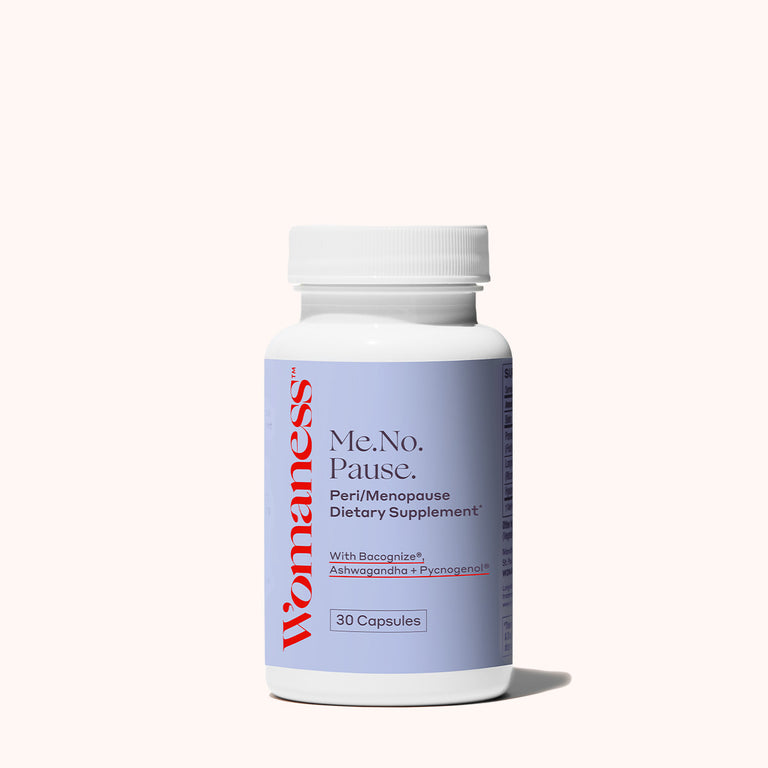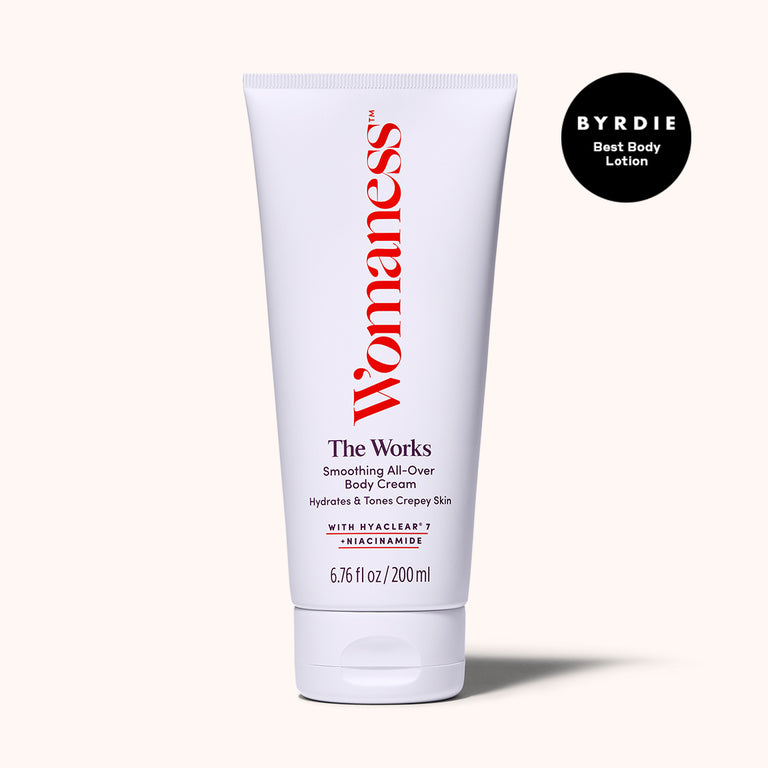By Dr. Ekta Kapoor 5-Minute Read

Dr. Ekta Kapoor is an endocrinologist at Mayo Clinic and a specialist in menopause and women’s sexual health. Her mission is to inform and empower women of every age to learn and prepare for menopause as early as they can.
Let’s start with a proper definition. What is HRT?
Hormone therapy, also known as menopausal hormone therapy or estrogen therapy, is the most effective treatment for menopause-related symptoms. It is particularly effective for hot flashes, night sweats, and vaginal dryness. In addition to these benefits for menopause symptoms, hormone therapy also has some positive effects on the long-term health of a postmenopausal woman, including a lower risk of osteoporosis and diabetes. When used for young postmenopausal women, those who are younger than the age of 60 years, and are within 10 years of menopause, hormone therapy also very likely reduces the risk of heart disease, dementia, and death due to any cause.
Where does the fear of HRT stem from?
Patients and their health care providers are sometimes afraid of using hormone therapy due to fear of side effects. The largest clinical study on the benefits and risks of hormone therapy—known as the Women's Health Initiative study, which came out in the early 2000s—raised significant concerns regarding the safety of hormone therapy use, particularly with respect to a high risk of breast cancer, heart disease, stroke, and blood clots. However, further analyses of the study results have shown that these problems apply to certain types of hormone therapy and, in some situations, to older women. In general, the risk associated with commonly used hormone therapy regimens for recently postmenopausal women (aka, within 10 years of menopause) is very low. Therefore, women who are going through menopause, or are within a few years of menopause, should discuss hormone therapy use with their health care providers if they are experiencing bothersome menopause-related symptoms—particularly hot flashes, night sweats, sleep disturbance, vaginal dryness, and mood problems that are not controlled despite the use of an antidepressant and psychotherapy.
"In general, the risk associated with commonly used hormone therapy regimens for recently postmenopausal women (aka, within 10 years of menopause) is very low."
Are there women who should not consider HRT?
Hormone therapy is not for everyone. Certain health conditions preclude the use of hormone therapy. These include a prior diagnosis of estrogen-sensitive cancers, including breast cancer, cancer of the uterus, active liver disease, previous history or high risk for blood clots, high risk for breast cancer, previous history of heart disease or stroke, smoking, and undiagnosed vaginal bleeding. Decisions regarding hormone therapy use must be individualized, in close discussions with a woman's health care provider. Her individualized risks and benefits need to be considered when making a decision regarding hormone therapy use.
How is HRT administered to menopausal women?
Estrogen is commonly administered as a pill, as preparations given through the skin, and occasionally as a vaginal ring. The skin preparations include a patch applied to the skin, creams, and gels. In general, estrogen preparations applied to the skin are a little safer than oral estrogen, due to a lower risk for blood clots, stroke, and high triglycerides (a form of cholesterol). The ultimate decision regarding the route of estrogen therapy is guided by multiple factors, including patient preference, cost, and medical history. Women with obesity, gallbladder disease, high cholesterol, or those who are at high risk for heart disease are best treated with estrogen given through the skin (as opposed to an estrogen pill). In case a woman does not absorb estrogen well from the skin, then she may have to be switched to a pill. In women with an intact uterus, a second hormone needs to be given along with estrogen in order to prevent thickening of the uterus lining. This is known as the progestogen. This can either be natural progesterone, or a synthetic progestin. Sometimes a hormonal intrauterine device (IUD) is also used as the progestogen for hormone therapy, which has the additional advantage of providing contraception.
"Hormone therapy also has some positive effects on the long-term health of a postmenopausal woman, including a lower risk of osteoporosis and diabetes"
How long should a woman be on HRT?
Menopause-related symptoms are often the most severe and bothersome in the first few years following menopause. The average duration of hot flashes and night sweats is about 7 to 10 years. Therefore, most women really need treatment for these symptoms during this time frame. Also, there is some concern regarding a higher risk of breast cancer with extended hormone therapy use. Therefore, most doctors recommend that their patients use hormone therapy for a time period of about five to seven years, at which time discontinuation can be attempted to see how their symptoms respond after stopping. For some women, menopause-related symptoms continue at high intensity for an extended duration, and in these women—provided there is no risk associated with hormone therapy use—prolonged use can be considered. Again, these decisions have to be individualized in close collaboration with the woman's health care provider. Women on hormone therapy should see their health care provider at least once a year, to assess their need for its continued use.
What about Vaginal Hormone Therapy?
Vaginal hormone therapy is a safe and effective method for treating vaginal dryness and pain with intimacy that is associated with menopause. Sometimes, estrogen given as a pill or as a skin preparation is enough to manage symptoms of vaginal dryness and pain with sexual intercourse. However, if a woman does not have symptoms that would require use of an estrogen pill or a skin preparation, or if she continues to have vaginal symptoms even after using an estrogen preparation, then vaginal hormone therapy can be considered. This can either be vaginal estrogen (cream, pill, gel, ring, etc.), or another hormone known as DHEA, which is converted to estrogen in a woman's body. Vaginal estrogen can be used even in situations where it may not be safe to use other forms of estrogen therapy. Again, a woman experiencing menopause-related symptoms with intimacy, including dryness in the vagina or pain with intercourse, should discuss potential treatment options with her health care provider.
More Meno 101
What To Know About Pelvic Health
Menopause Recommended Reading
Perimenopause: All You Need To Know




